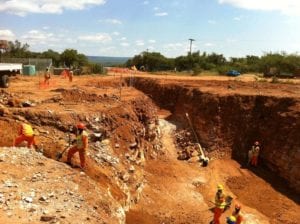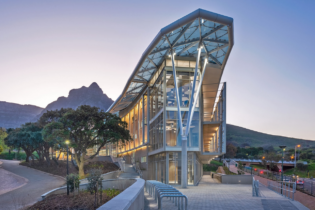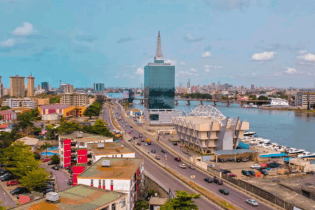Vela VKE, a part of the SMEC Group, currently forms part of Mokolo Crocodile Consultants (MCC), a joint venture between five consulting engineering firms established to implement the R15 billion Mokolo Crocodile River (West) Water Augmentation Project (MCWAP) on behalf of TCTA, which was mandated by the Department of Water Affairs (DWA) to implement the project.
 The MCWAP has been designed to supplement Eskom’s Medupi Power Station and the anticipated industrial development linked to the massive Waterberg coalfield in the Lephalale area of Limpopo, with up to 400 million cubic metres of water per annum, depending on the final extent of the anticipated mining, power generation and petro-chemical industry developments.
Vela VKE divisional head of structures, Chris Viljoen, points out that the company’s involvement with MCWAP has includes participation in the feasibility studies, detailed design, geotechnical investigations and construction monitoring, since the commencement of the feasibility study of the two-phase project in 2008.
“Mokolo Dam was originally constructed as a water supply facility for irrigation, industrial and household use in Lephalale and surrounds. Due to the overwhelming industrial development of the town in recent years, the demand for water has risen rapidly,” he explains.
“MCWAP has been designed to abstract the surplus water from Mokolo Dam and the Crocodile River (West), in order to satisfy the considerable predicted industrial demand without impacting on existing legal water use, which was a sensitive issue and consequently treated with great circumspect.”
The MCWAP has been designed to supplement Eskom’s Medupi Power Station and the anticipated industrial development linked to the massive Waterberg coalfield in the Lephalale area of Limpopo, with up to 400 million cubic metres of water per annum, depending on the final extent of the anticipated mining, power generation and petro-chemical industry developments.
Vela VKE divisional head of structures, Chris Viljoen, points out that the company’s involvement with MCWAP has includes participation in the feasibility studies, detailed design, geotechnical investigations and construction monitoring, since the commencement of the feasibility study of the two-phase project in 2008.
“Mokolo Dam was originally constructed as a water supply facility for irrigation, industrial and household use in Lephalale and surrounds. Due to the overwhelming industrial development of the town in recent years, the demand for water has risen rapidly,” he explains.
“MCWAP has been designed to abstract the surplus water from Mokolo Dam and the Crocodile River (West), in order to satisfy the considerable predicted industrial demand without impacting on existing legal water use, which was a sensitive issue and consequently treated with great circumspect.”Viljoen notes that Phase 1 at MCWAP involves the construction of water delivery infrastructure between Mokolo Dam and a delivery point between Medupi and Matimba power stations.
“Construction work started on Phase 1 of the project in September 2011, following the successful completion of the feasibility studies and detail design work. The R750 million phase currently involves the installation of a 44.5-km long, 800-to 1 100-mm diameter steel pipeline, which will be served by a 4.5-MW pump station at Mokolo Dam. It is expected to supply approximately 30 million cubic metres of water per annum at a rate of 1.25 m3/s, following the anticipated completion of construction at the end of 2013.” Viljoen is confident that the implementation of Phase 2 of MCWAP, which will involve the construction of an abstraction works in the Crocodile River (West) near Thabazimbi, will begin by 2013. “Phase 2 will include the development of an abstraction facility in the Crocodile River, which could have a capacity of up to 16.5 m3/s depending on the selected project development scenario. The project will also require the installation of large low-lift and high-lift pump stations, which will serve 128 km of pipeline with associated desilting works, balancing and break pressure reservoirs,” he continues. The Crocodile River (West) catchment is expected to eventually supply somewhere between 120 million and 400 million cubic metres of water per annum to the Lephalale industrial region, and Viljoen believes that water from the river may probably have to be augmented by other water transfer schemes. According to Viljoen, MCWAP has been running on time and within budget, with no major challenges faced to date. “The successful completion of the feasibility studies and detailed design stages of the project was made possible due to a good working synergy among the MCC members internally and externally, with our clients DWA and TCTA. This has enabled the construction process to run smoothly, and I am optimistic that the project will be fully completed and commissioned within the anticipated time frames,” he maintains.






